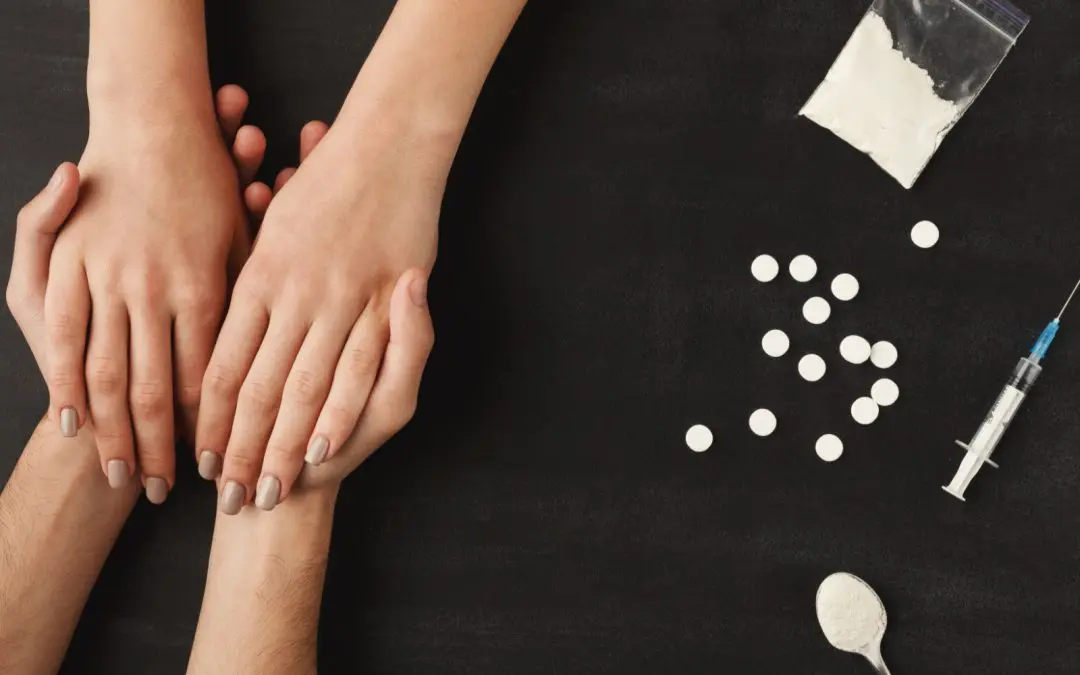24/7 Helpline:
(866) 899-221924/7 Helpline:
(866) 899-2219
Learn more about Dual Diagnosis Rehab centers in Lincoln County
Dual Diagnosis Rehab in Other Counties

Other Insurance Options

Molina Healthcare

Health Net

CareFirst

American Behavioral

Magellan

Optum

Absolute Total Care

MHNNet Behavioral Health

Coventry Health Care

Providence

BlueCross

Sutter

BlueShield

Carleon

Amerigroup

Private insurance

CareSource

Evernorth

WellPoint

Medical Mutual of Ohio
















































































































































































Eureka Counseling Services
Eureka Counseling Services is a private rehab located in Waldoboro, Maine. Eureka Counseling Service...

Two Bridges Regional Jail – Celebrate Recovery
The Celebrate Recovery group, an extension Celebrate Recovery Ministry, operates inside the Two Brid...

Stepping Stones
Stepping Stones is a private rehab located in Chamberlain, South Dakota. Stepping Stones specializes...

AA – Alcoholics Anonymous
AA – Alcoholics Anonymous is a non-profit rehab located in Chamberlain, South Dakota. AA – Alcoholic...

Life Light Counseling
Life Light Counseling is a private rehab located in Chamberlain, South Dakota. Life Light Counseling...





















































































































































































































































































